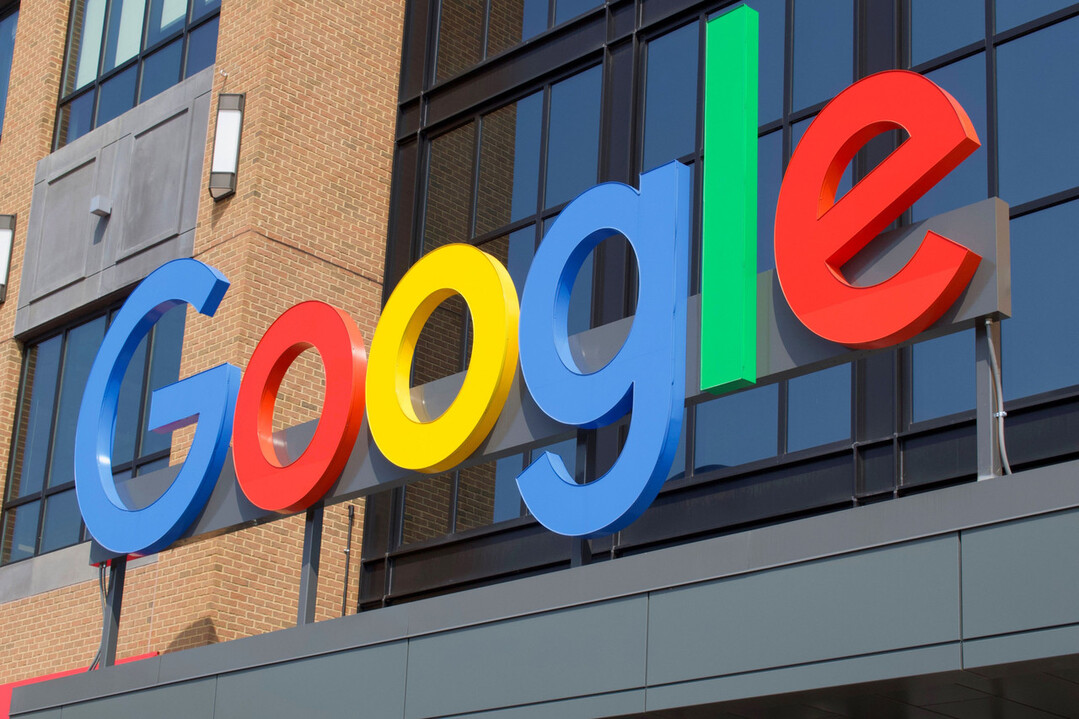
Washington D.C. – A bipartisan coalition of U.S. lawmakers has raised serious concerns after Google declined to deny receiving a clandestine legal order from the United Kingdom government. The order, suspected to be a Technical Capability Notice (TCN), could compel the tech giant to provide British security services with backdoors into encrypted messaging platforms.
The controversy follows reports that Apple has received a similar TCN and is currently contesting it in a closed court hearing in the UK. This secrecy has sparked outrage among U.S. Congress members, who argue that it undermines their ability to conduct oversight and protect American citizens' privacy and cybersecurity.
In a letter released Thursday, the lawmakers criticized the UK's Investigatory Powers Act, which prevents companies like Apple from disclosing whether they have received such orders. "Apple has informed us that, had it received a technical capabilities notice, it would be barred by U.K. law from telling Congress whether or not it received such a notice," the letter stated.
While companies are free to deny receiving such notices, Google's refusal to do so has intensified speculation. "Google also recently told Senator Ron Wyden’s office that, if it had received a technical capabilities notice, it would be prohibited from disclosing that fact," the lawmakers noted.
The UK government's insistence on secrecy has drawn criticism from experts, including those within its own intelligence community. They argue that transparency is crucial when dealing with issues that impact user privacy and security. Academics have described the Home Office's "neither confirm nor deny" stance as unsustainable and unjustifiable.
This development highlights the growing tension between national security interests and the fundamental right to privacy in the digital age. The closed-door nature of these proceedings raises questions about accountability and the potential for overreach by government surveillance. As the debate continues, the spotlight remains on Google and other tech companies, whose responses will shape the future of encryption and digital privacy.
[Copyright (c) Global Economic Times. All Rights Reserved.]




























